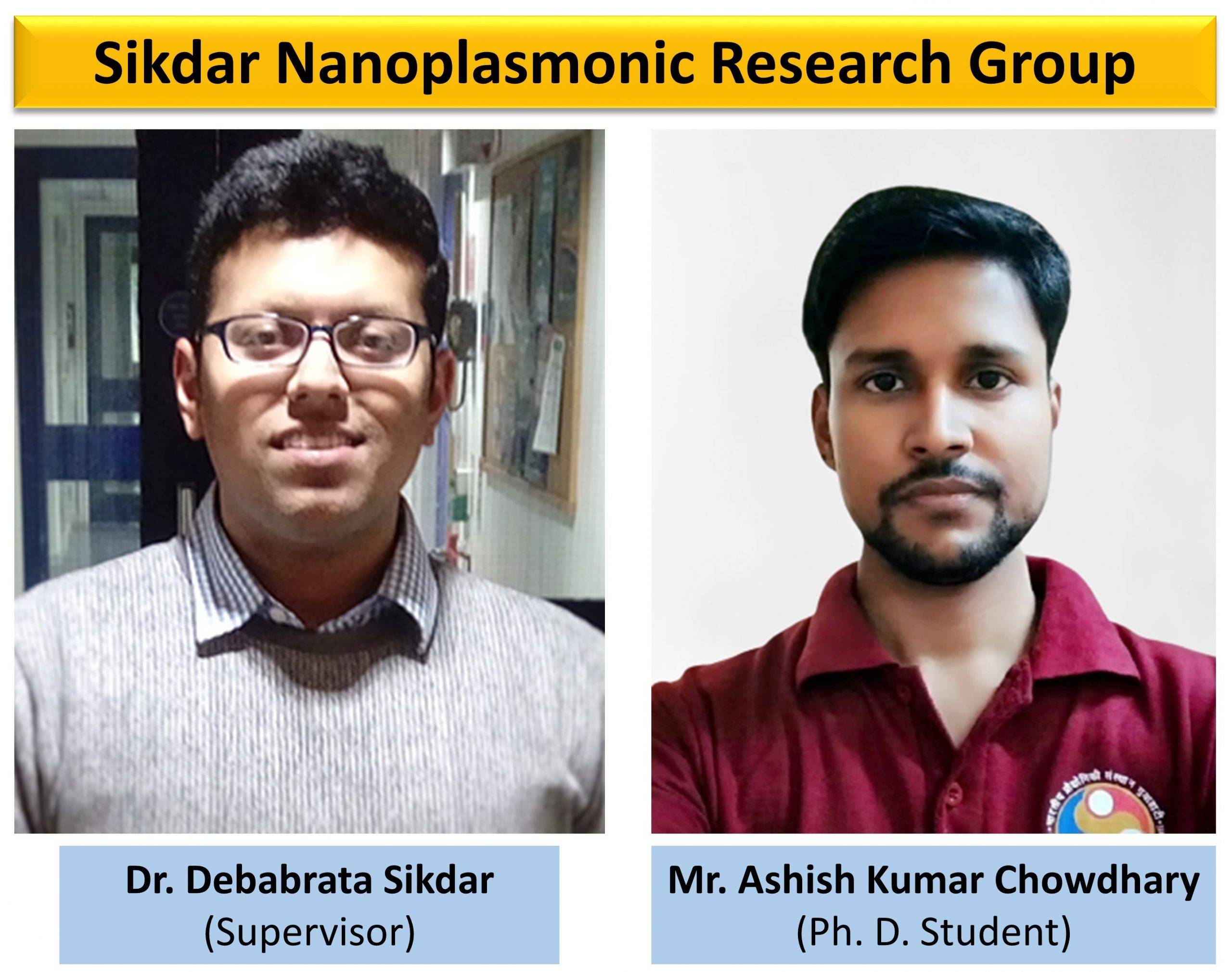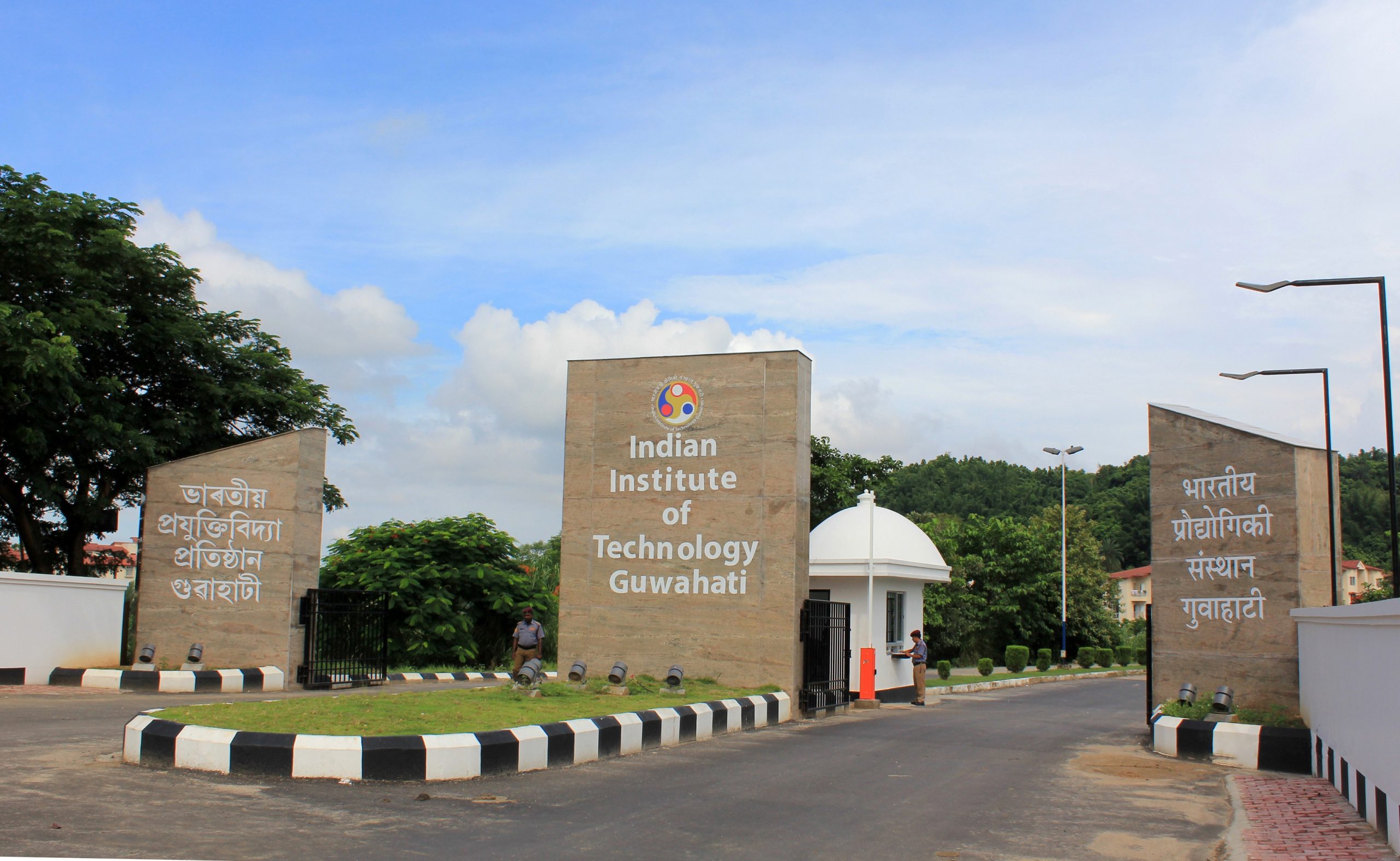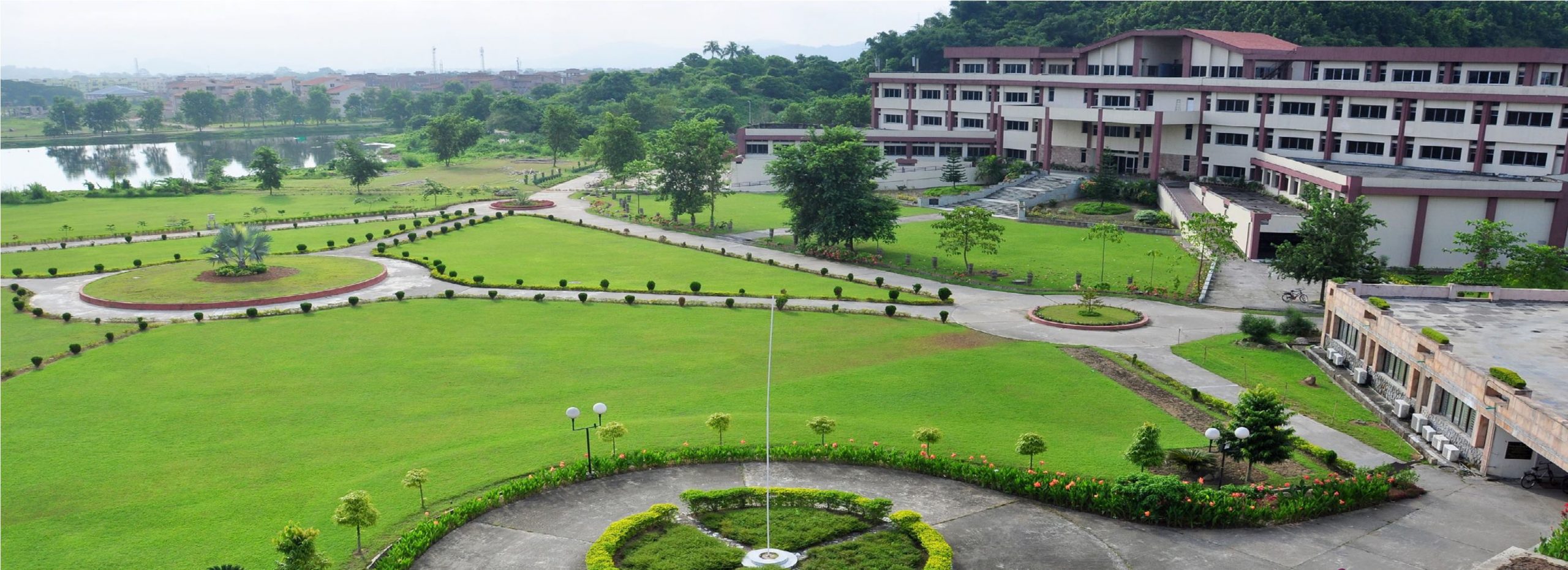Best Books to Read in 2023
Best Books to Read in 2023 Are you a bookworm or a bibliophile, if yes, then this is the ...
IIT Guwahati researchers have developed smart window materials for automatic climate control of buildings.
IIT Guwahati researchers who undertook this work are Dr. Debabrata Sikdar, Assistant Professor, Department of Electronics and Electrical Engineering and his research scholar, Mr. Ashish Kumar Chowdhary.
These IIT Guwahati researchers have designed a smart window material that can effectively control the amount of heat and light passing through it in response to an applied voltage.
Such smart window materials would help developing efficient automatic climate control systems in buildings.
The results of the study by IIT Guwahati researchers have recently been published in the journal ‘Solar Energy Materials and Solar Cells.’
According to the United Nations Environment Program, buildings around the globe account for 36 percent of energy use and 39 percent of energy-related carbon dioxide emissions annually, say IIT Guwahati researchers.
The primary consumption of energy in buildings is by the climate control system, in which energy-consuming devices are used to maintain comfortable indoor temperature and brightness, say IIT Guwahati researchers.

Hence, a building’s heating, cooling, and lighting loads are major energy-consumption segments in any building.
To meet the goals of the Paris Climate Agreement, a building’s energy intensity— how much energy buildings use—will have to improve by 30 percent by 2030.
There has been increased attention to sustainable architectural designs for better light and heat management in buildings in recent years, and deploying smart windows is the first step for such structures, said Dr. Debabrata Sikdar, one of the IIT Guwahati researchers.
Conventionally, window designs are static, i.e., they are predesigned for specific climatic conditions, say IIT Guwahati researchers.
 The emergent smart windows, on the other hand, can dynamically adjust the amount of light and heat radiation entering a building in response to external stimuli, thus conserving the building’s energy.
The emergent smart windows, on the other hand, can dynamically adjust the amount of light and heat radiation entering a building in response to external stimuli, thus conserving the building’s energy.
The design of smart windows that are tuneable for all-weather conditions is challenging.
IIT Guwahati researchers have designed smart window ‘glasses’ using noble metals as well as their relatively inexpensive alternatives that can dynamically control the intensity of transmitted solar radiation, depending upon the weather/climate condition.
Also read ‘IIT Madras is to launch its science, technology and innovation magazine Shaastra‘
‘We have proposed an electro-tuneable glass made of two ultra-thin metal layers sandwiching an electro-optic polymer whose refractive index can be changed by applying a small voltage, which allows filtering of visible and infrared radiation,’ said Mr. Ashish Kumar Chowdhary, who is among the IIT Guwahati researchers.
IIT Guwahati researchers used this design to peform simulation studies to understand the light and heat transmission properties in response to the applied voltage.
IIT Guwahati researchers initially considered gold and silver as the metal layers, but later tested their model with cheaper alternatives such as copper, and transparent semiconductor such as indium tin oxide.
 When IIT Guwahati researchers simulated the application of a bias voltage ranging from −15 V to +15 V across this sandwich structure using Finite Element Methods, the smart glass could selectively filter solar radiation, spanning the visible, infrared and shortwave infrared wavelengths.
When IIT Guwahati researchers simulated the application of a bias voltage ranging from −15 V to +15 V across this sandwich structure using Finite Element Methods, the smart glass could selectively filter solar radiation, spanning the visible, infrared and shortwave infrared wavelengths.
Simulation also showed that this material reflected mid-wave infrared, long-wave infrared (LWIR; 8–15 μm), and a part of far-infrared wavelengths thereby providing insulation from heat and light reflected from neighbouring buildings and structures, say IIT Guwahati researchers.
One of the IIT Guwahati researchers Dr. Debabrata Sikdar said at present, the COVID-19 pandemic has imposed an unprecedented risk of cross-infections through aerosols transmission in public buildings such as healthcare centres, offices, transportation systems, workshops, laboratories and food storage facilities etc., where central air-conditioning systems are in use.
‘We believe that our smart windows can provide an alternative solution for maintaining ambient indoor temperature and lighting inside a building or a vehicle by integrating those with usual glass windows or walls, thereby reducing the need of air-conditioning systems.’
 These smart glasses can find applications for efficient automatic climate control in vehicles, locomotives, airplanes and greenhouses of the future.
These smart glasses can find applications for efficient automatic climate control in vehicles, locomotives, airplanes and greenhouses of the future.
The smart glass material proposed by the IIT Guwahati researchers can easily be fabricated using existing state-of-the-art nanoscale fabrication methods such as e-beam evaporation and graphoepitaxy techniques.
IIT Guwahati researchers acknowledge that since the optical response of these types of smart glasses is critically linked to the surface smoothness and other physical properties of the layers, it is important to further analyse the effect of these properties on the performance of the glass. The team plans to study these areas in future.
Read More – Easiest exams in India
S Vishnu Sharmaa now works with collegechalo.com in the news team. His work involves writing articles related to the education... (Full bio)

Best Books to Read in 2023 Are you a bookworm or a bibliophile, if yes, then this is the ...

In the exhilarating journey of 10 Proven Memorize Techniques for Students learning, memory is your trusty companion. Whether ...

Top 20 toughest exams in world is about exams in the world that required very hard work to ...

Top 20 toughest exams in India - Exams are the perhaps most toughest moments for any student. A ...

Top 20 Colleges of DU Getting admissions to the top 20 colleges of DU is a dream for every ...

Top 20 NITs of India - Amongst the 31 NITs in India, today, we are talking ...

Here are the Top 12 Artificial Intelligence in Mumbai. Artificial intelligence (AI) refers to the simulation of human ...

As you stand on the Best Science Courses after 12th academic journey, the realm of science beckons, offering ...
Millions of students have entrusted CollegeChalo to facilitate their seamless and smooth admission process to their dream colleges and universities. With CollegeChalo, you can gain a competitive edge by easily accessing exam and course details to stay ahead of the admission journey. What are you waiting for?
Search your dream college